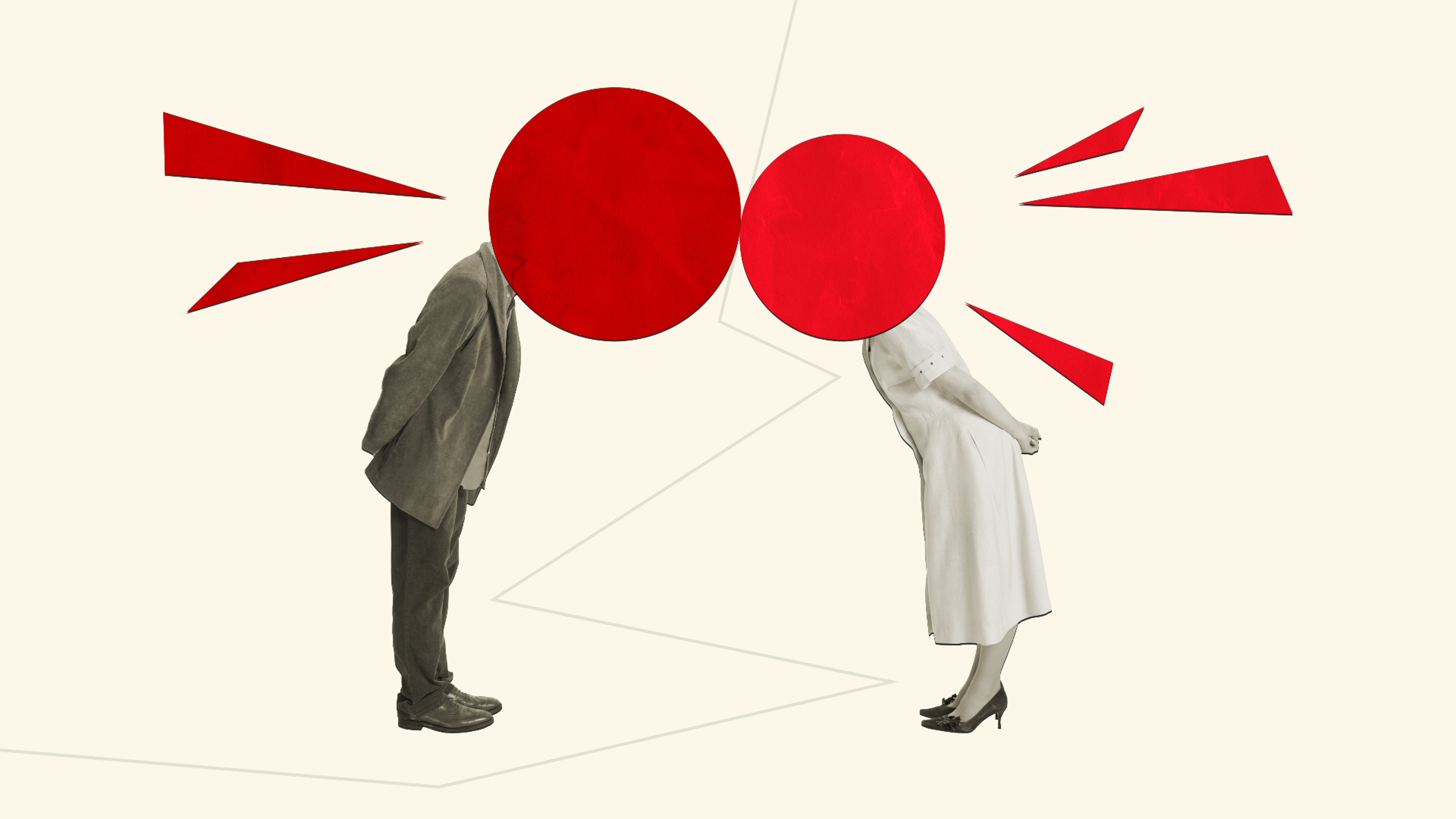Even the Most ‘Committed’ Fans Distance Themselves from Their Teams after a Loss

We’re CORFing all over New England. And they are BIRGing big time in Denver. We are Cutting Off the Reflected Failure of the New England Patriots, and they are Basking in the Reflected Glory of the Broncos in Denver, (and the rest of We Hate The Patriots Nation, a vast fan base that probably exists because the Patriots win so much.) CORFing and BIRGing. Using the third person pronoun they to disassociate from the failures of the tribe with which you identify, or the first person we toassociate with your tribe’s success. It’s a remarkable demonstration of how deeply dependent we are on our social and religious and political and geographical and cultural groups — our tribes — for our personal sense of safety and well-being.
Patriots fans are saying things like “They couldn’t stop Denver’s pass rush.” and “The Patriots lost this game when they lost home field advantage and had to play in the thin air of Mile High Stadium.” Them. Third person. Those other guys. Not us. Not me. Not MY tribe. Of course these are the same fans (and I was one of them) who after last year’s Super Bowl victory all proudly declared “WE won.” (Sorry friends and neighbors. All we did was watch.)
Denver fans are saying the same things, just in the first person; “WE didn’t give Brady any time.”and “WE have the best defense in the NFL.” and “Mile High Stadium gives US a great home field advantage.” US. WE. OUR tribe. ME!”
The only things that vary in these similar analyses are the pronouns. And that reveals something way deeper than who knows how much about football. We have evolved as social animals to depend — deeply — on the groups to which we belong for our safety and survival. When our group is doing well, we feel better. We feel safer, more empowered. Whether it’s our political party, our nation or local community, our gender, our professional group… whenever any of the various tribes with which we associate are doing better, we feel better, stronger, more in control — and safer.
And when our tribe isn’t doing as well — when our political party is losing, when the cultural values we share with our friends are being overridden by the values of other groups, when our local or national team loses — we feel worse. We feel less powerful, less in control, less safe, because the group is supposed to give us the power to accomplish things we can’t achieve alone, and if the group is losing, it feels like we are too.
CORFing and BIRGing (identified in research by Robert Cialdini et. al in Basking in Reflected Glory, Three Football Field Studies) is just one bit of evidence of this. Research has found that as we watch sports, when our team is doing better, our testosterone levels rise… which is true of both genders. The more important the outcome of the game, the sharper the rise. And there are subconscious shifts in other hormones and neurotransmitters in response to the outcomes of games, especially big games. The moods of whole communities rise and fall markedly when championships are won or lost, and this starts deep in the biology of the human animal. Those massive pep rallies communities hold for championship teams? Those riots in communities where teams lose? That’s deep and ancient biology driving our behaviors and demonstrating just how much our personal sense of safety and well-being is tied to how well our groups are doing.
Sports may be the purest example of this phenomenon. Our teams represent our tribe, with their team colors and emblems and rituals and traditions and rivalries with other tribes. Our fertile women (we call them cheerleaders) dance at the edge of the battleground, to tribal music. Our athletes are our surrogate warriors, going to battle for us. They say so; “We won it for our fans!” or “We couldn’t have done it without the fans.” And we say so, in our language (“We’re the 12th man!”) and the team (tribal) clothing we wear and in the way we gather together into social (tribal) groups to watch the big battle (er, game), and even in all the superstitious things we do in the belief that somehow how we sit on the couch or wear our hats or what we have for breakfast can affect the outcome of the battle (er, game).
At its broadest, this phenomenon is a part of what evolutionary biologists and psychologists refer to as group selection. Individual selection is where some genetic mutation endows one individual with a trait or behavior that gives them an edge over other individuals. Group selection holds that any trait or behavior that arises in an individual that helps the group survive, also helps the individual survive.
The evidence for how group affiliation drives our behavior is hardly limited to sports. In politics, it’s Us against Them (this grows more strident in people who feel more disempowered and look to their political tribe for a sense of empowerment and safety). Around the world, and across history, evidence for group selection can be seen in “Our country (tribe) against theirs,” and “Keep the immigrants (them) out.” Don’t marry outside OUR religion, class, caste, race. Don’t disagree with the views of OUR group (environmentalists can’t support nuclear power or genetically modified food; Republicans can’t believe in climate change) or we’ll ostracize you and you’ll be out there on your own when the Indians attack and we’ll all be safe inside the circled wagons. It literally feels instinctively viscerally dangerous to be disloyal to your tribe, whatever it is.
In Denver it’s “WE won,” and in New England it’s “the Patriots (they) lost.” It’s all the same phenomenon… tribalism tied to nothing less than our deepest imperative, to protect ourselves and survive. Which explains why several of my New England friends this morning were posting “Only 25 days ‘til Red Sox pitchers and catchers report for spring training!”
—





